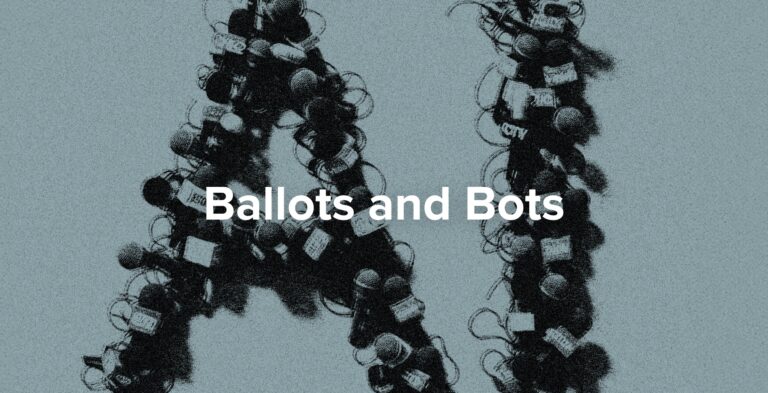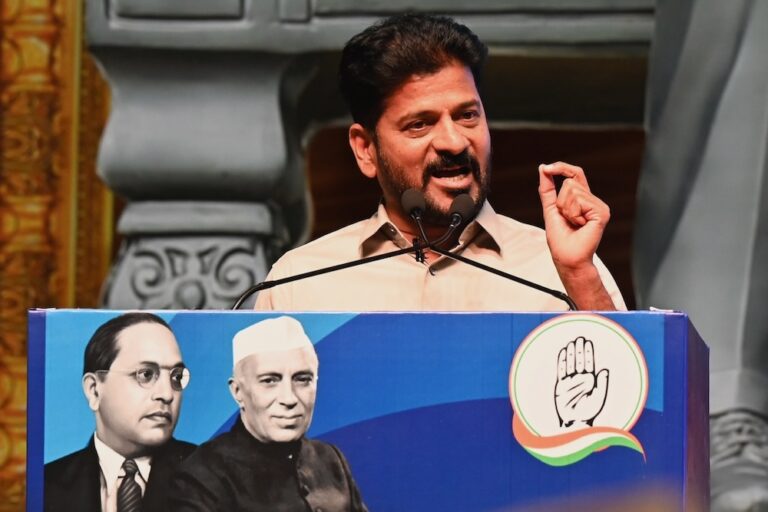"The authorities should address suffering of ordinary people and stop threatening and prosecuting journalists for bringing attention to rights abuses [in Chhattisgarh, India]," said HRW. "Silencing journalists and rights activists makes it easier for both the Maoists and government security forces to commit abuses with impunity."
This statement was originally published on hrw.org on 18 April 2016.
The Indian government should investigate allegations that journalists are being prosecuted for their reporting of the conflict in central Chhattisgarh state, Human Rights Watch said today. In late March 2016, the Editors Guild of India reported that the media in Chhattisgarh state was “working under tremendous pressure” brought by the authorities, Maoist rebels, and vigilante groups.
The authorities should drop baseless prosecutions of journalists and end abuses by the security forces against journalists, activists, and human rights defenders in Maoist-affected areas, Human Rights Watch said.
“The authorities should address suffering of ordinary people and stop threatening and prosecuting journalists for bringing attention to rights abuses,” said Meenakshi Ganguly, South Asia director at Human Rights Watch. “Silencing journalists and rights activists makes it easier for both the Maoists and government security forces to commit abuses with impunity.”
Four journalists facing criminal charges in Chhattisgarh appear to have been arrested because of their criticism of the government, Human Rights Watch said. Deepak Jaiswal, a reporter for the local Dainik Dainandini newspaper, was arrested on March 26. Prabhat Singh, a reporter for the Hindi daily Patrika was arrested on March 21. Santosh Yadav, a contributor to Hindi language newspapers, has been in custody since September 2015. And Somaru Nag, a journalist from a tribal community, was arrested in July 2015. All say that authorities have filed false criminal charges to silence them because of reporting they did that is critical of the security forces.
The arrests of journalists have prompted widespread condemnation from Indian media associations, rights activists, and opposition politicians. In March, the Editors Guild of India, a 200-member independent group, sent a fact-finding team to Chhattisgarh to meet with journalists, police, and government officials. Their report found that journalists in the state “have to work between the security forces and the Maoists, and both sides do not trust journalists at all.” The report also concluded that the state government wanted the media to support the fight against the Maoists and “not raise any questions about it.”
On March 31, Chhattisgarh’s chief minister, Raman Singh responded to allegations that the authorities were attempting to muzzle the press, saying that his government was committed to media freedom. So far the government has not committed to take action to prevent security force abuses against journalists or hold those responsible to account.
The armed movement by Maoist groups, often called Naxalites, poses a serious security challenge in nine states in central and eastern India. In this decades-long conflict, thousands of civilians have been killed and injured and many people have been uprooted from their homes. The Maoists have committed numerous serious abuses, such as targeted killings of police, political figures, and landlords. In 2013, the Maoists killed two journalists in Chhattisgarh, Nemichand Jain and Sai Reddy.
The government’s security response to the Maoist threat has also resulted in serious human rights violations. State security forces – typically police and paramilitary forces – have arbitrarily arrested, detained, and tortured villagers, who are mostly from disaffected tribal communities. Police have often attempted to discredit human rights activists by describing them as Maoists or Maoist supporters.
Lawyers at the Jagdalpur Legal Aid Group, which provides free legal counsel to mostly tribal villagers in the conflict-ridden area, said that vigilante groups who side with security forces have harassed them as well as journalists and activists because of their work.
“Ending police and vigilante abuses would be a stronger response to the Maoists than sweeping those abuses under the rug,” Ganguly said. “A rights-respecting administration will be welcomed by communities who have long been caught up in a vicious cycle of violence and reprisal.”
See HRW’s statement for more information on abuses by police and vigilante groups with additional details of arrests and harassment of journalists, lawyers, and activists.


